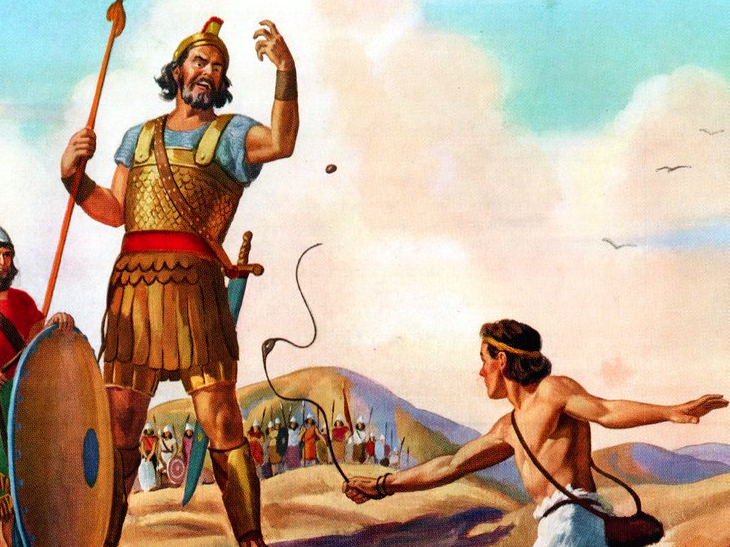1. Giants are not what we think they are
- Giants are not what we think they are. The same Qualities that appear to give them strength are often the sources of great weakness.
- Speed and surprise can be used as substitutes for strength.
- The trickster gets to break the rules.
- The set of advantages that comes from having material resources can be often equal to the set of advantages that come from the absence of material resources.
2. The optimum size
A very small class is as difficult for a teacher to manage as a very large class.
3. Relative deprivation
Our sense of how deprived we are is relative. We form our impression by comparing ourselves to people “in the same boat as ourselves”. Explains high suicide rates in so called rich and “happy countries”.
4. Dyslexia
In the best of cases – it forces you to develop skills that might otherwise have lain dormant.
5. Remote misses
A remote miss (a bomb falling a bit far from your neighbourhood and you escaping it) makes you think you are invincible.
6. Principle of legitimacy is based on 3 things:
a) The people who are asked to obey authority have to feel like they have a voice – that if they speak up, they will be heard.
b) The law has to be predictable and applicable equally to all.
c) The authority has to be fair – it cannot treat one group different from the other.
Also, here are some sentences I liked a lot in this book:
- The act of facing overwhelming odds produces greatness and beauty.
- Underdog strategies are hard.
- Any fool can earn money. But to earn it and save it and defer gratification – then you lean to value it differently”.
- People are ruined by challenged economic lives. But they are ruined by wealth as well because they lose their ambition and their pride and sense of self-worth”.
- Rich parents have to learn to switch from “No we can’t ‘ to ‘ No we won’t ‘.
- The challenge of the underdog is “to advance without worrying about opinion”.
- A less elite and less privileged environment, can give you more freedom to pursue your own ideas and academic interests.
- We are prone to be afraid of being afraid, and the conquering of fear produces exhilaration.
Concepts
- Capitalization learning: We get better at something by building on the strengths that we are naturally given.
- Compensation learning: Much more difficult and it forces you to confront your limitations and become comfortable with failure.
All these concepts and lessons are beautifully illustrated with stories and historic events. My intention for writing this blog post is to make you want to read this nice book.
Here is a link to buy it.


Related Posts: